How to create an advanced light show
Creative design
First of all, we need to make it clear that the soul of the light show lies in creative design. A great light show needs to be innovative and engaging, capable of catching the audience’s attention and immersing them in it. When designing a light show, we need to carry out comprehensive creative conception based on factors such as theme, space, and audience.
1.Theme setting: First, we need to determine the theme of the light show, which can be festivals, celebrations, culture, history, etc. The setting of the theme will directly affect the overall style and effect of the light show
2.Spatial layout: The spatial layout of the light show is the key. We need to consider the shape, size, height and other factors of the building, as well as the audience’s perspective and line of sight. Through reasonable spatial layout, the audience can better appreciate the beauty of the light show.
3.Color, light and shadow: Color, light and shadow are important components of the light show. We need to choose the appropriate color and light intensity to create the desired atmosphere and effect. At the same time, we can also express the storyline or emotion through changes in light and shadow
4.Creative elements: In addition to basic lighting effects, we can also add some innovative elements, such as projection mapping, interactive lighting, etc., to increase the fun and interactivity of the light show.
Hardware preparation
After determining the creative design, we need to prepare the corresponding hardware equipment to achieve the effect. The following are some commonly used light show hardware devices and their functions:
1.LED lamps: LED lamps are the main light source of the light show. They have the advantages of energy saving, environmental protection, and long life. According to needs, we can choose LED lamps with different colors, brightness and angles
Click to watch===>12/14PCS 3IN1 LED MATRIX LIGHT
2.Floodlight: Floodlight is mainly used to illuminate buildings or specific areas. By adjusting the projection angle and brightness, different light and shadow effects can be produced.
Click to watch===>200W LED FRESNEL SPOTLIGHT
3.Laser light: Laser light has the characteristics of high brightness, high precision and rich colors, which can be used to create unique light and shadow effects and graphics.
Click to watch===>8+8 BEAM LASER DJ LIGHT
4.Projection equipment: Projection equipment can be used to project images or videos on buildings or cloth to enhance the storytelling and visual effects of the light show
Click to watch ===>54PCS LED PAR LIGHT (UNIQUE PRIVATE MODEL)
5.Audio equipment: Audio equipment can play background music or sound effects in conjunction with the light show to enhance the audience’s immersion.
During the hardware preparation process, we need to select appropriate equipment according to the design plan and ensure that the quantity and quality of the equipment can meet the requirements. At the same time, we also need to layout and install the equipment to ensure that they can work as required.
Click to watch ===>Exhibition丨Stage Lighting Fixture by China Manufacturer【JC-lights Professional】
Programming and Design
Programming and design are key aspects of realizing a light show. In this link, we need to program and design according to the creative plan and hardware equipment to achieve the required lighting effects and dynamic performances. Here are some common programming and design methods:
1.Programming language: In the programming process, we usually use a specific programming language to control the actions and effects of lighting equipment. Commonly used programming languages include PLC (programmable logic controller) language, DMX (digital multiplexing) protocol, etc.
2.Animation design: In design, we can use animation design software to create dynamic performances of light shows. Through animation design, we can realize changes, movement and flashing of lighting effects to enhance visual effects.
3.Sound effect design: Sound effect design is an important means to enhance the immersion of the light show. We can use sound effects design to match the plot and emotional expression of the light show to enhance the audience’s experience.
4.Testing and debugging: After completing the programming and design, we need to perform testing and debugging to ensure that the light show can work as required. In this link, we need to constantly adjust the program and design elements to achieve the best visual effects and performance quality.
In short, creating a high-end light show requires comprehensive consideration and implementation from creative design, hardware preparation, programming and design. Through careful design and preparation, we can create unforgettable light show performances that bring both visual and auditory enjoyment to the audience.


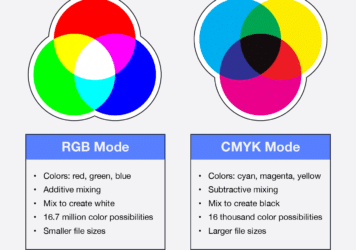
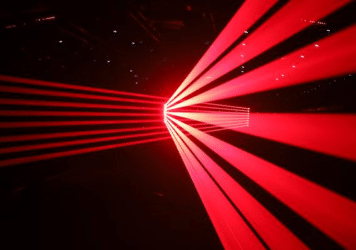
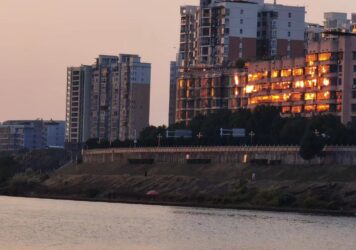
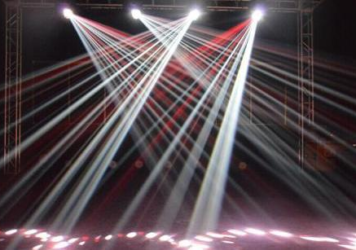
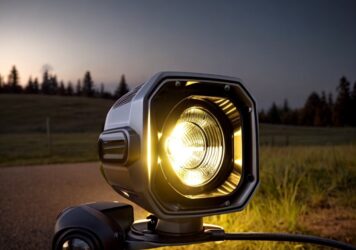
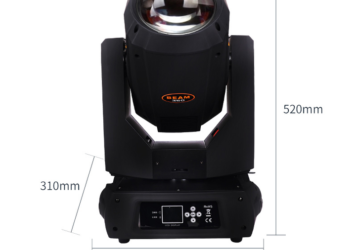
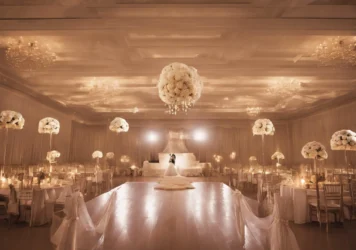

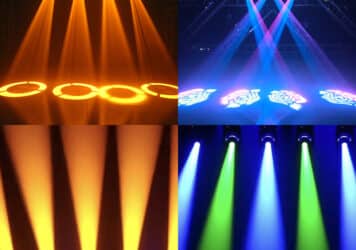
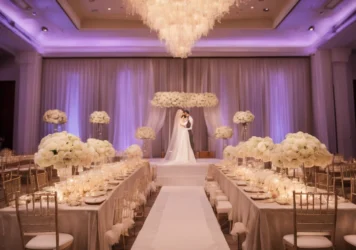
Leave a Reply